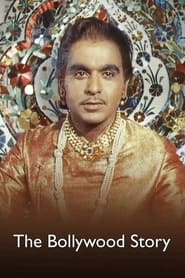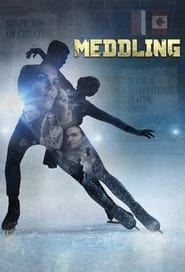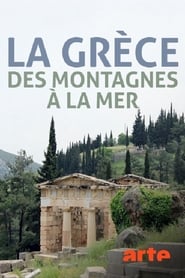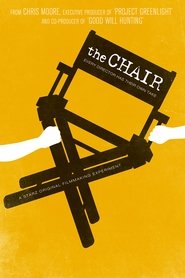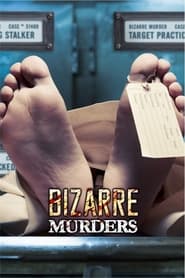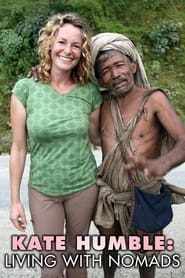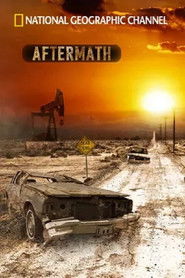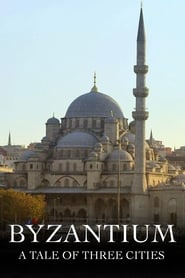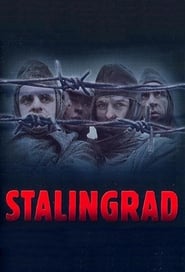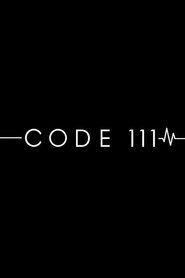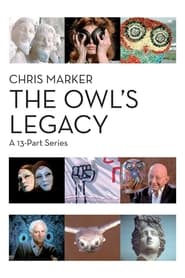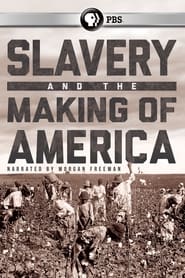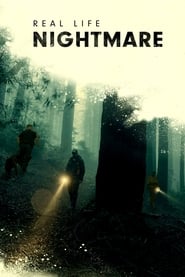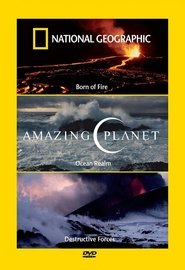Documentary TV Series - Page 335
-
Summit '72
2022
Summit '72
2022
star 8.3This series will tell the definitive story of the legendary 1972 eight-game 'Super Summit' through a modern lens, and explore its legacy and lasting influence on Canadian national identity, framing it against the political and cultural climate of the times in both countries, and around the world. -
Lola
2021
Lola
2021
star 5.2This non-fiction series on the life and career of Lola Flores is built on the testimony left to us by her daughters, her sister, her friends, her researchers and many of today's artists of various kinds who have been influenced by his art as Rosalía, Miguel Poveda, C. Tangana or Ara Malikian (among many others). -
The Bollywood Story
1989
The Bollywood Story
1989
Shashi Kapoor presents a history of the Hindi film industry from its roots in 1913 to the 1980s, illustrated with clips and interviews. -
Meddling
2022
Meddling
2022
star 8.7The controversial story of Canadian figure skating pair Jamie Salé and David Pelletier losing gold to Russians Anton Sikharulidze and Elena Berezhnaya during the 2002 Winter Olympics in an organized crime scandal spanning three continents. -
The Chair
2014
The Chair
2014
star 6This documentary series follows two first-time film directors, Shane Dawson and Anna Martemucci, who are given the opportunity to direct separate films adapted from the same original screenplay. The series documents the creation, marketing, and theatrical release of both films, and through multiplatform voting, the audience will ultimately determine which director will be awarded $250,000. -
Bizarre Murders
2018
Bizarre Murders
2018
star 5.7Bizarre Murders reveals a true and surprisingly strange crime story. These are not serial murderers evading the FBI, but Fargo-like capers with shocking twists and unusual characters. -
Kate Humble: Living with Nomads
2015
When she was a child, Kate Humble wanted to be a nomad. Living in some of the world's most remote wildernesses, cheek by jowl with nature, seemed like such a wildly romantic existence. -
Aftermath
2010
Aftermath
2010
star 6.2Aftermath is a four-part 2010 documentary television series created by History Television Canadian station, airing in the United States on the National Geographic Channel, and produced by Cream Productions. Aftermath consists of a series of "experiments" looking at what would happen if planetary conditions changed drastically, within our lifetime. The series is a follow-up to the TV special Aftermath: Population Zero. In 2010, the series was nominated for a 2010 Gemini award for best documentary. -
Toujours Canadiens
2025
Toujours Canadiens
2025
The Canadiens’ history is filled with legends. But what makes a legend? It’s a drive forged through sacrifice and dedication. -
Angélica: 50 & Tanto
2023
Angélica: 50 & Tanto
2023
star 7.5In each episode, Angélica, who grew up in front of the cameras, meets famous female guests to share facts about her life in a unique way. -
Byzantium: A Tale of Three Cities
2013
star 7.5Simon Sebag Montefiore uncovers the three identities of the city some call the Centre of the World: Byzantium, Constantinople and Istanbul. This one metropolis has been the capital city of three empires - Roman, Byzantine and Ottoman. Each brought its own faiths, Gods and traditions, and each left its mark on the city in its architecture, traditions and in the living faith-communities who still populate this vast modern metropolis of 14 million people. -
Stalingrad
2003
Stalingrad
2003
star 8.2The Battle of Stalingrad, which cost the lives of at least a million German soldiers, Red Army troops and Soviet civilians, was the bloodiest of the decisive battles in the "war of extermination" which Hitler had unleashed. This three-part documentary, employing previously unreleased film footage and brutally frank statements from survivors on both sides, explains exactly how the catastrophe came about and describes the gruesome consequences of the battle for the soldiers and the inhabitants of the city. -
Code 111
2016
Code 111
2016
An incursion into the lives of emergency physicians from the trauma unit of Montreal’s Sacré Coeur hospital. Throughout the series, doctors, nurses and attendants will provide a look inside their unique work world and share their personal reflections on their very uncommon reality. -
The Owl's Legacy
1989
The Owl's Legacy
1989
star 9.5A 13-part documentary series by Chris Marker examining how ancient Greek ideas continue to shape modern Western thought. Each episode centers on a single Greek word—such as “democracy,” “philosophy,” or “mythology”—through conversations filmed in cities around the world. Combining symposium-style discussions with archival footage and visual motifs of the owl, Marker creates an expansive reflection on the enduring legacy of Greece. -
Slavery and the Making of America
2005
star 7.9The history of American slavery from its beginnings in the British colonies to its end in the Southern states and the years of post-Civil War Reconstruction. Looks at slavery as an integral part of a developing nation, challenging the long held notion that slavery was exclusively a Southern enterprise. Simultaneously focuses on the remarkable stories of individual slaves, offering new perspectives on the slave experience and testifying to the active role that Africans and African Americans took in surviving their bondage and shaping their own lives. -
Gangland Chronicles
2024
Gangland Chronicles
2024
Gangland Chronicles offers an inside look at some of the world’s most notorious criminal organizations. Each episode explores three legendary moments from a specific underworld group, ranging from mafias and cartels to motorcycle gangs and prison gangs. The series spotlights lucrative money-making rackets, deadly turf wars, iconic mob hits, crafty informants, and federal takedowns. Featuring infamous gangsters such as Al Capone, Pablo Escobar, El Chapo, John Gotti, Whitey Bulger, and Sonny Barger. Interviews with journalists, authors, and former members of these organizations offer an exclusive window into the inner workings of these groups. -
Real Life Nightmare
2019
Real Life Nightmare
2019
star 1Heart-wrenching, personal stories of unsolved missing cases and unexplained deaths that continue to baffle investigators and horrify those left behind. Each mystery is brought to life by unravelling the evidence, compelling viewers to hunt for answers as police continue to seek the public's help. -
Rock N' Roll Stories
2013
Rock N' Roll Stories
2013
star 9.5Music Professionals share their most memorable stories of their career in the Rock N' Roll world. -
Amazing Planet
2007


